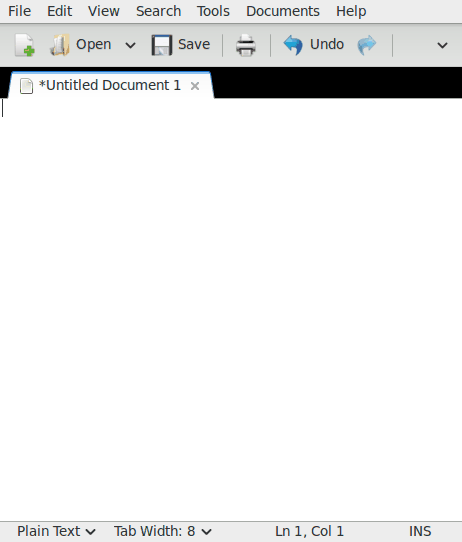forked from mfulz_github/qmk_firmware
34 lines
1.2 KiB
Markdown
34 lines
1.2 KiB
Markdown
Default layout but with a tetris game
|
|
=====================================
|
|
Tetris works by outputting key-presses to make ascii-art in a regular text editor.
|
|
It reads key presses to rotate and move the bricks like a regular tetris game.
|
|
|
|
Example
|
|
=======
|
|

|
|
|
|
Usage
|
|
=====
|
|
1) Open a default text editor
|
|
2) Press the tetris button (Fn + t)
|
|
3) Play tetris
|
|
|
|
It makes ascii-art by sending keycodes: left, right, up, down, qwerty characters, and numbers.
|
|
|
|
Problems
|
|
========
|
|
Drawing ascii-art is too slow to make a pleasant playing experience.
|
|
While drawing ascii-art, the keyboard does not record key-presses, so its pretty unresponsive.
|
|
|
|
Adds 5000 bytes to the hex file.
|
|
|
|
Implement in other keyboards
|
|
============================
|
|
- Copy-paste the files tetris_text.c and tetrix_text.h to your keymap folder.
|
|
- Add/update your-keyboard/your-keymap/Makefile to include ``SRC = tetris_text.c``
|
|
- Copy-paste the tetris-related code from this keymap.c to yours.
|
|
- Set a key to trigger F(1) to start tetris mode.
|
|
- Its also a good idea to set a key to stop tetris, here its escape.
|
|
|
|
You can find a simple tetris keyboard definition at <https://github.com/danamlund/meckb_tetris/>
|